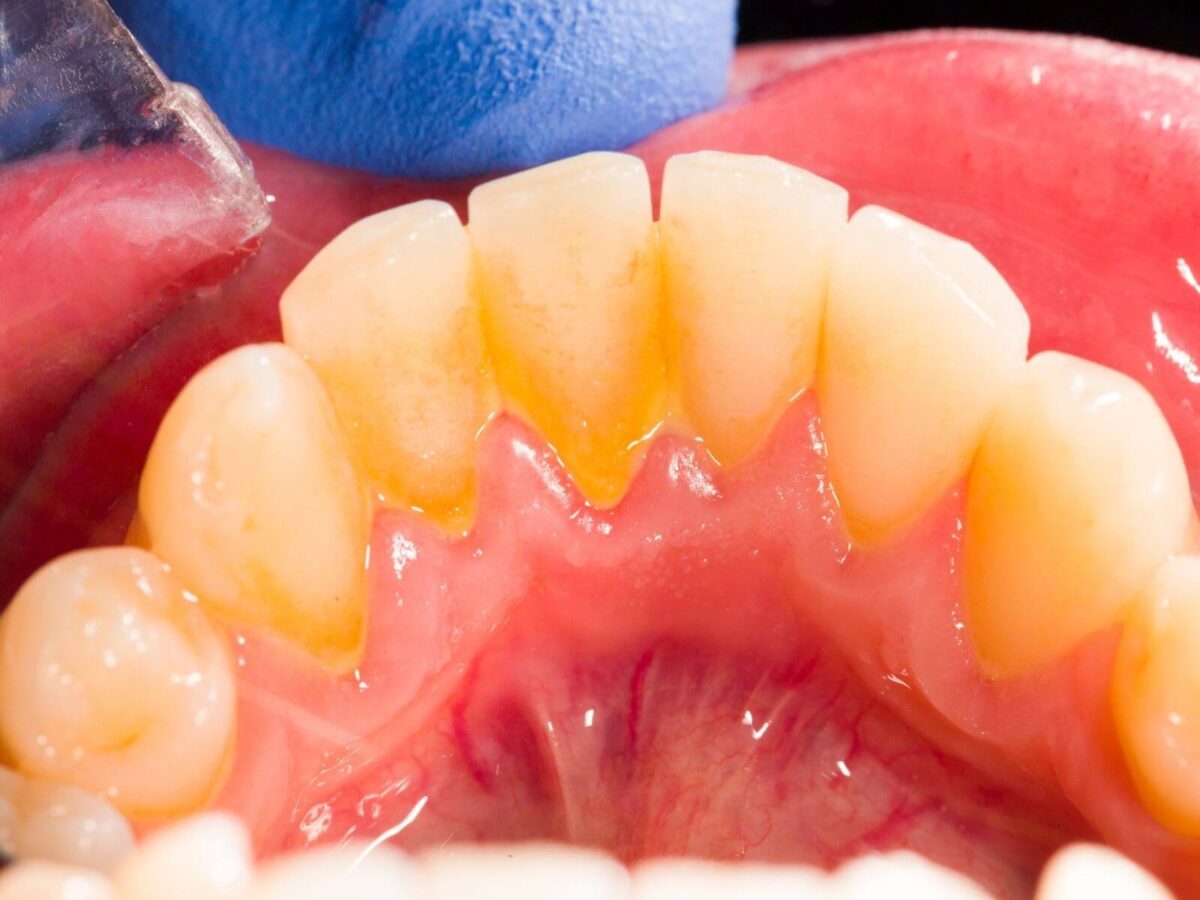Cavities in babies are quite common. Baby teeth are more easily infected with cavities than permanent teeth. This is why most parents are cautious about their child’s oral health. The best way to avoid cavities or gum diseases is to follow an oral hygiene routine daily. Parents should also work towards children’s diet to improve oral well-being.
This article provides details about the causes and preventive measures for cavities. You can also visit Elgin Dentist TX to explore more about prevention strategies for cavities in children. You will also learn what you can do as a parent to prevent oral conditions for your child. Let us explore cavities in babies more.
What are the Causes of Cavities?
The cavities are primarily caused by food items children consume. Poor oral hygiene in children also plays a vital role in cavity formation. This makes baby teeth more likely to get cavities as acid harms the enamel easily.
The food’s acid remains in the mouth for 20 minutes whenever a child eats or drinks. One must rinse one’s mouth after every meal to eliminate this acid. This acid makes bacteria convert sugar into plaque. Saliva in the mouth can also help in washing away the acid.
Usually, the upper front teeth are damaged by cavities. If you observe white spots on teeth, it can be the first symptom of cavities. This later turns into brown holes. More sugar consumption and lack of oral hygiene eventually lead to cavities in the child’s mouth.
Preventive Measure For Cavities
Preventive steps to avoid cavities and other gum conditions can help you and your children. One can live a healthy and cavity-free life with better oral care hygiene. There are preventive strategies that help one to decide what to eat and what to avoid. Here are some tips one can follow to avoid cavities and keep oral health better:
Brushing
Brushing your teeth is a common practice to keep your mouth clean. But it becomes more essential when your kids start having baby teeth. Infants or toddlers cannot brush their teeth themselves and need parents’ help. Also, baby teeth are more prone to cavities than advanced teeth.
Floss
Flossing teeth is also essential to keep dental gaps clean and hygienic. Children often ignore flossing before bedtime. This leads to cavities, foul breath, and plaque deposits on the tooth surface.
Avoid Sugary Snacks
Candies, chocolates, and all sugar-based snacks are most popular among children. However, consuming too much sugar can result in cavities. Sugar-based snacks attract most germs and bacteria into your mouth, and if not cleaned properly, can lead to cavities.
Avoid Juice and Carbonated drinks.
Parents want their children to consume healthy food options, but packaged juice and carbonated drinks must be avoided. The American Academy of Pediatrics recommends only four ounces of juice for children when diluted with water.
Limit Nighttime feeding
Feeding milk or formula just before bedtime should be avoided. One should introduce rinsing the mouth and cleaning the mouth after the day’s last meal. Feeding milk just before sleep can lead to the buildup of germs in the mouth.
Drink More Water
Drinking more water is essential to keep your oral health great. You should teach your kids to rinse their mouths after every meal.
Schedule Dental Examination
Regular dental exams are essential to make your child aware of dentists and introduce them. This will prevent them from avoiding dental exams if they get comfortable with their dentist. This dental exam will also help you diagnose your child’s mouth well and identify any conditions. It is essential to take your child twice a year for dental checkups.
Use Fluoride Supplements
People who consume without fluorinated water must use fluoride toothpaste or other supplements. These fluoride-based supplements can be a useful addition to your oral routine to improve your oral health.
Final Thoughts
Most toddlers cannot be blamed for poor oral health. This is why cavities are caused if they do not follow oral care properly. Limiting excess sugar content can help them adopt a hygienic oral care routine. Baby teeth have thinner enamel lining and require more care and attention than permanent teeth.
One must also keep in mind that cavities are easily treatable conditions. You should follow the necessary steps to prevent it, but if your child has cavities, you should visit Elgin Dentist, TX, to treat it. With the proper guidance and support, your child will adopt an effective oral hygiene routine and become responsible.





